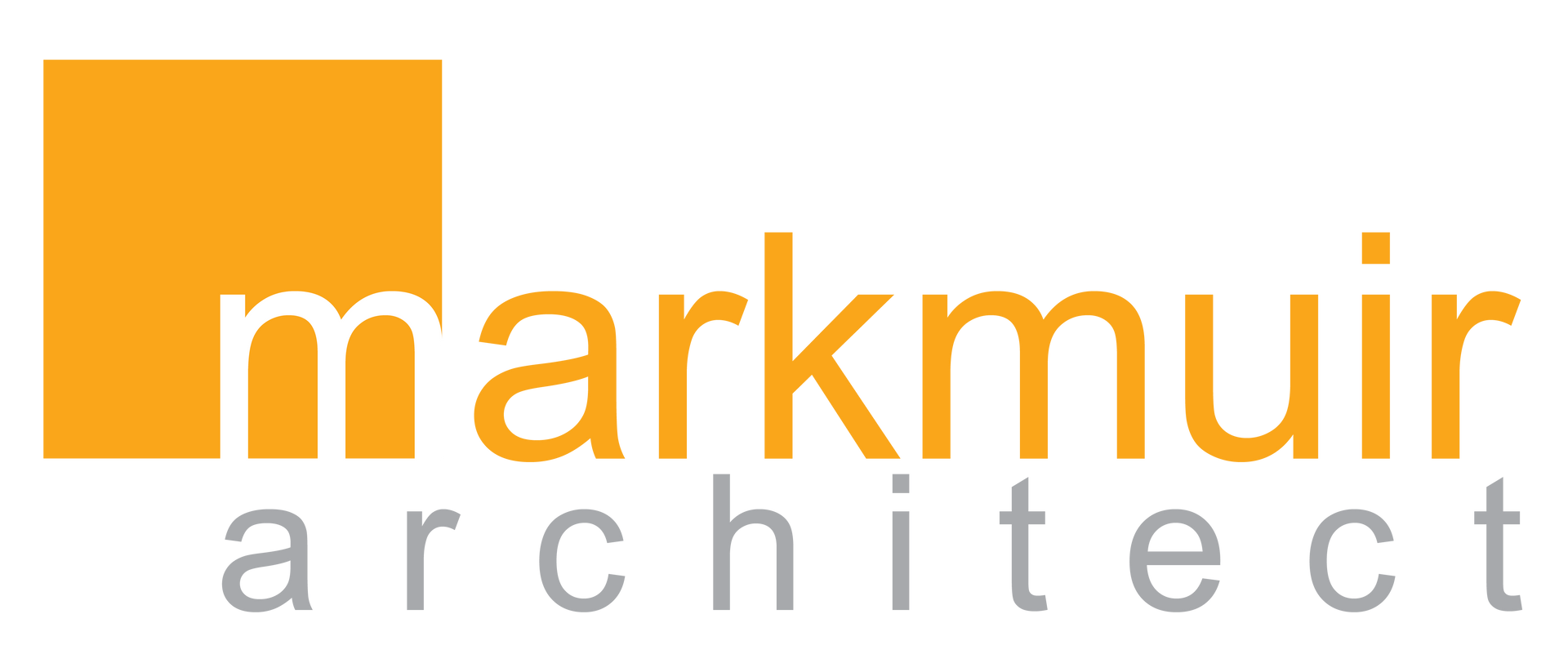Whats Hot On Sustainability 2025: No 11
Regulatory Enhancements in Sustainability Reporting

Sustainability has evolved from a moral choice into a measured responsibility. In 2025, the UK is raising the stakes. Stricter regulations are being introduced to improve the quality, consistency, and transparency of sustainability reporting among businesses—a move that signals a profound shift in how environmental and social impact is recorded, communicated, and ultimately valued.
From Promises to Proof
The age of poetic pledges is over. As the UK aligns with emerging global frameworks such as the ISSB Standards and the EU’s Corporate Sustainability Reporting Directive (CSRD), sustainability statements will now need to stand up to scrutiny.
Businesses will be required to publish
clear, comparable, and evidence-based data on their performance—covering everything from carbon emissions and resource use to biodiversity, labour practices, and governance.
For sectors like architecture, design, and hospitality, where material choices and operational efficiencies are highly visible, these regulatory enhancements are both challenge and opportunity. They call for deeper accountability—but also reward those who can demonstrate genuine impact with transparency and confidence.
The Demise of Greenwashing
Vagueness has become risk. Under the new regime, unverified claims and selective reporting will carry not just reputational consequences, but potential financial and legal ones too. Businesses must be able to show how their sustainability strategies are measured, monitored, and independently assured.
The outcome? A more honest marketplace—where integrity replaces spin, and where well-founded sustainability performance becomes a mark of distinction rather than a marketing line.
Designing for Disclosure
For design-led industries, this shift invites a new way of thinking. What if a building, product, or brand experience was conceived with
disclosure in mind—where every decision, from materials to energy systems, contributes to a measurable sustainability outcome?
This is where regulation becomes a catalyst for creativity: pushing designers, architects, and operators to integrate verifiable sustainability principles into the DNA of every project.
Transparency, once seen as administrative burden, is fast becoming a design value—a way of expressing authenticity and trust.
Strategic Clarity
Forward-thinking businesses are already seeing the strategic benefits. Enhanced reporting doesn’t just meet compliance; it builds credibility with clients, investors, and guests who increasingly want to see proof rather than promise. It unlocks access to green finance, strengthens brand integrity, and positions organisations at the forefront of a more responsible economy.
In essence, the tightening of sustainability reporting is not about constraint—it’s about clarity. It’s about making sustainability measurable, comparable, and meaningful. And in that clarity lies both creative freedom and competitive edge.










